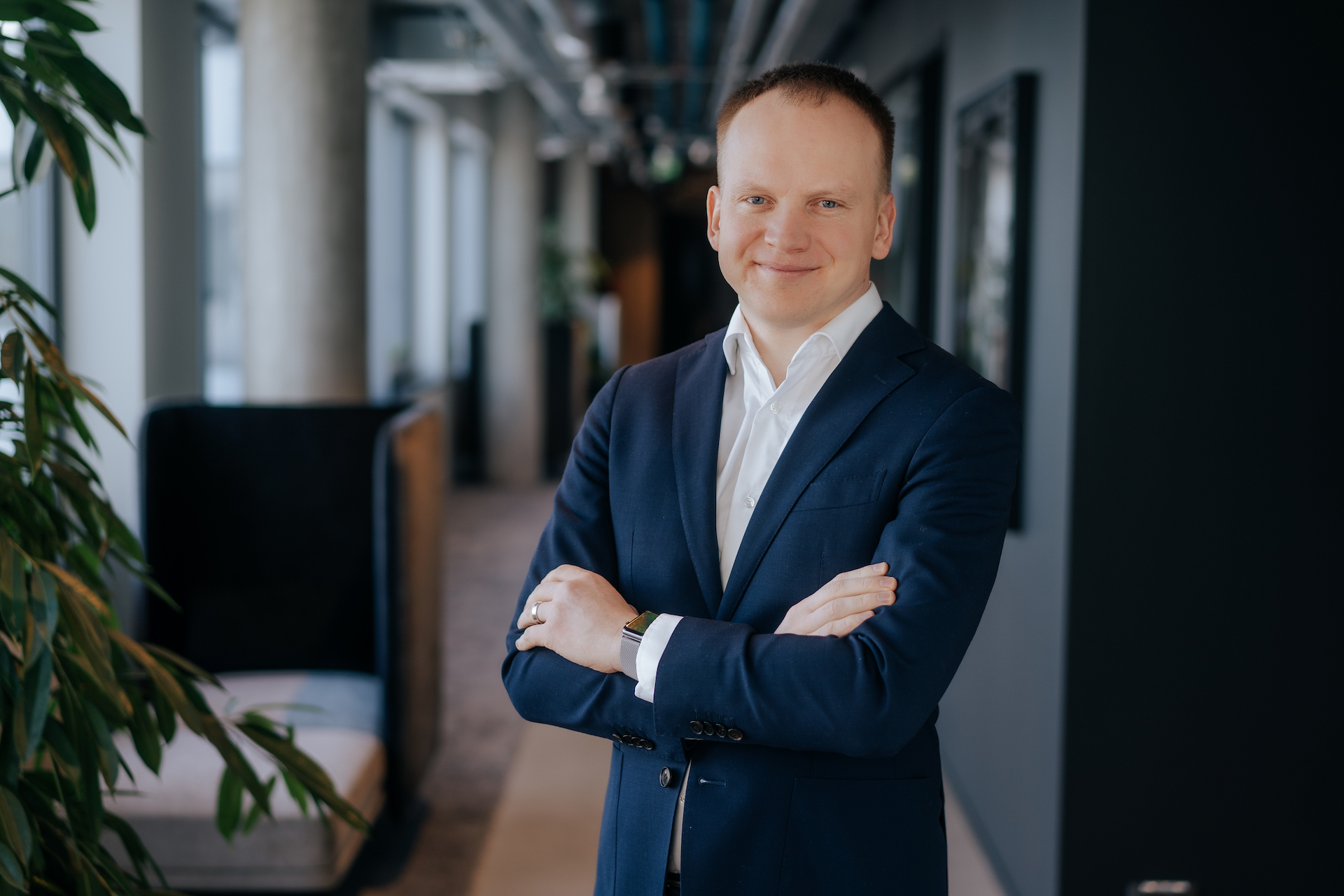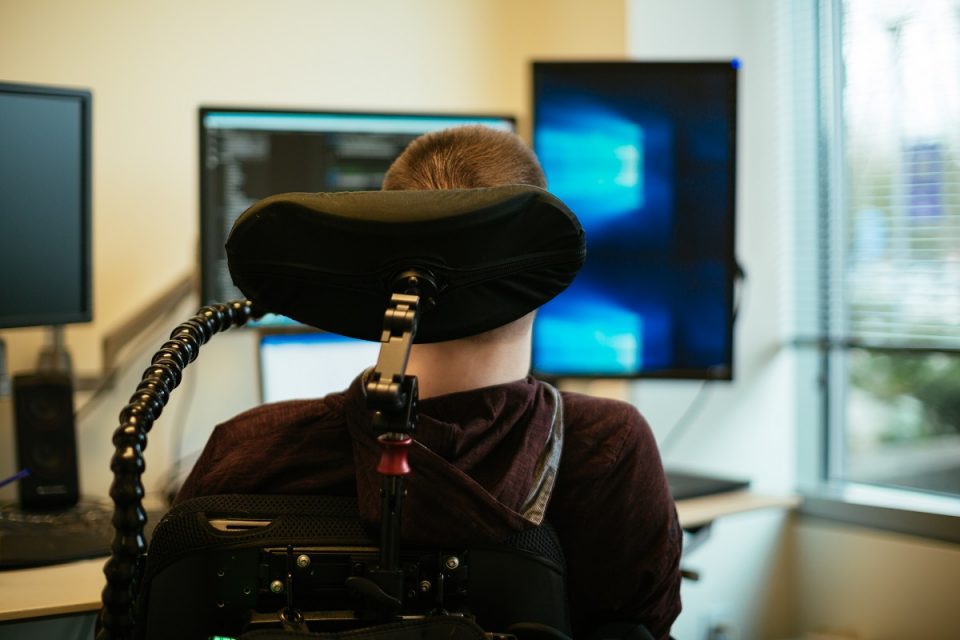Accessibility is a basic human right, but unfortunately this right is not always achieved. Per latest World Health Organization reports, over 1.3 billion people globally have some form of disability, and this number is only increasing, meaning that 20 per cent of people in the whole world have a form of disability, or they have had it in during their life, and therefore they were not able to fully participate in society or the economy.
Having in mind the importance of overcoming the challenges that people with disabilities are confronted with, Microsoft hosted an online event called the “Innovation for Accessibility Forum” on March 22nd. The aim of the event was to bring together representatives from the Estonian, Latvian, and Lithuanian Governments, as well as public and commercial sectors, and to discuss initiatives for creating accessible digital solutions while ensuring compatibility with the European Accessibility Act, that will apply from 2025. This means that businesses will only be able to supply the European market with products and services that comply with the Directive’s accessibility requirements.
One of the partners taking part in this event was Net Group, Estonian software development company that has been operating over 25 years. Net Group provides profitable and scalable digital solutions across the EMEA region. And when it comes to accessibility, Net Group focuses on speech processing and voice synthesis. For instance, for the Estonian National Library they developed a reading application, allowing people with vision impairment to enjoy their books.
In terms of more complex solutions Net Group offered the solution for processing the government request. One of their projects is Bürokratt, Estonian AI projects which is listed in the global top 100 by UNESCO. It is the virtual assistant solution, that has already been successfully implemented as a sophisticated system capable of handling a wide range of requests, including technical and police-related issues. It is an excellent example of public and private sector cooperation. The idea was to make it easier for the citizens and provide one channel through with they have contact with state and resolve questions quickly. Using the Burokratt solution saves them from waiting in line for hours or waiting for the e-mail to be answered by public service provider. In the future, the plan is to implement the „speech to text” and „text to speech” options and to implement sign language as well, in order to make the system more accessible for everyone.
Beside this, Net Group is also working on even more complex and specific niche areas, such as medical text processing. “Our system can categorize medical topics in a very medicine-specific and machine-readable way, which can be used by computers to provide suggestions for health improvement,” said Siim Lepisk Head of Innovation in Net Group.

When it comes to AI, there are two perspectives – the first one is solution to be user accessible and the second is to make it machine-readable, and not just for text but for label categorized text in a way that machine can come up with a specific conclusions and personal suggestions based on that. The systems need to be designed in a way that recognizes and makes sense of text, so it can categorize the information in databases in the right way. „These databases are of most value if we want to have the data processed in a solid way and avoid the possibility of providing the wrong answer to a user”, Lepisk added.
Net Group is committed to innovation and accessibility, especially in the government and telecom sectors. Lepisk also emphasized the importance of structuring data and systems in a machine-readable way to overcome language barriers and offer scalable solutions globally. “To achieve our goal of offering scalable solutions beyond borders, we need the support of local governments and Microsoft services,” he said. Net Group strives to provide profitable and scalable digital solutions that are accessible to all, leading the industry through their innovative products and dedication to accessibility.





